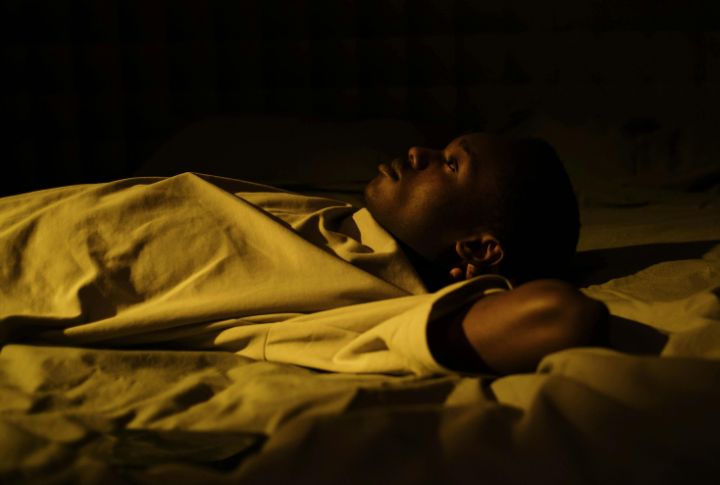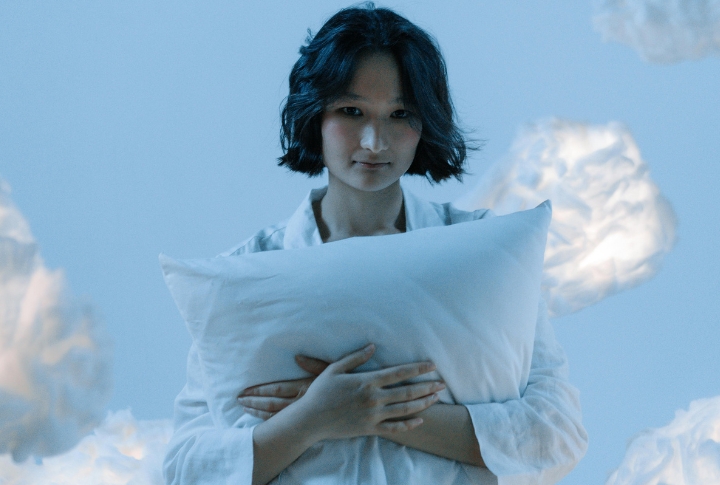
Have you ever noticed that some people rarely dream of anything scary, while others can’t seem to escape their midnight fears? The difference might lie in who we are, not what we watch. Personality traits can subtly influence what our brains replay in sleep. So, let’s explore the fascinating link between temperament and nightmares and find out what your dreams might be revealing about you.
Rumination-Prone

If you’re someone who replays every worry from the day before bed, your brain might keep doing it while you sleep. That endless loop of overthinking can stir up nightmares and make your dreams more intense. It’s all because your mind never fully powers down from those negative thoughts.
Low Self-Esteem

Like a crack in a foundation that gradually widens, low self-esteem sets off a chain of psychological vulnerabilities. Negative self-beliefs erode ego strength, the mind’s natural resilience, which leaves individuals more sensitive to dream content and less equipped to cope with stress.
Social Anxiety

People who feel anxious in social settings often carry that emotional sensitivity into their dreams. When fears of embarrassment or rejection run deep, those feelings can resurface at night. It’s no wonder nightmares sometimes mirror those same fears, just with a dreamlike twist.
Rejection Sensitivity

For those who take rejection to heart, even tiny social slights can leave lasting ripples. This heightened emotional alertness doesn’t stop when they fall asleep; it colors their dreams too. While not proven to cause more nightmares, it can make hurtful dream scenes feel painfully real.
Highly Imaginative Thinking

A vivid imagination is great for creativity, yet not so great for peaceful sleep. People with rich inner worlds usually have more intense nightmares that linger long after waking up. Their minds blur the lines between dreams and reality, holding emotions alive well into the day.
Guilt-Prone

If guilt tends to hang around like an unwanted guest, it might follow you into your dreams. People who always feel guilty or self-critical are more likely to have emotionally heavy nightmares. Even after waking, they may dwell on those bad dreams and keep the cycle going.
Introversion With Overthinking Tendencies

Introverts who spend hours analyzing every detail don’t always leave those thoughts at the door of sleep. Their busy minds keep processing long after lights out. The result is more frequent nightmares and stronger emotional reactions when they wake up.
Mood Instability

As your emotions swing easily from high to low, your dreams might be along for the ride. People with mood instability or high neuroticism tend to have more nightmares. Their brains simply react more strongly to stress, even while they sleep.
Hypervigilant Personality

For those who live in constant alert mode, nighttime doesn’t offer much relief. The same hyper-awareness that keeps them tense during the day lingers in sleep. It turns dreams into anxious chases and uneasy encounters driven by an overactive threat response.
Pessimistic Outlook

Seeing the world through a negative lens always keeps your mind focused on worst-case scenarios. Pessimists tend to experience more nightmares, likely because their brains are already tuned to stress and fear, creating a loop of uneasy thoughts and restless nights.

